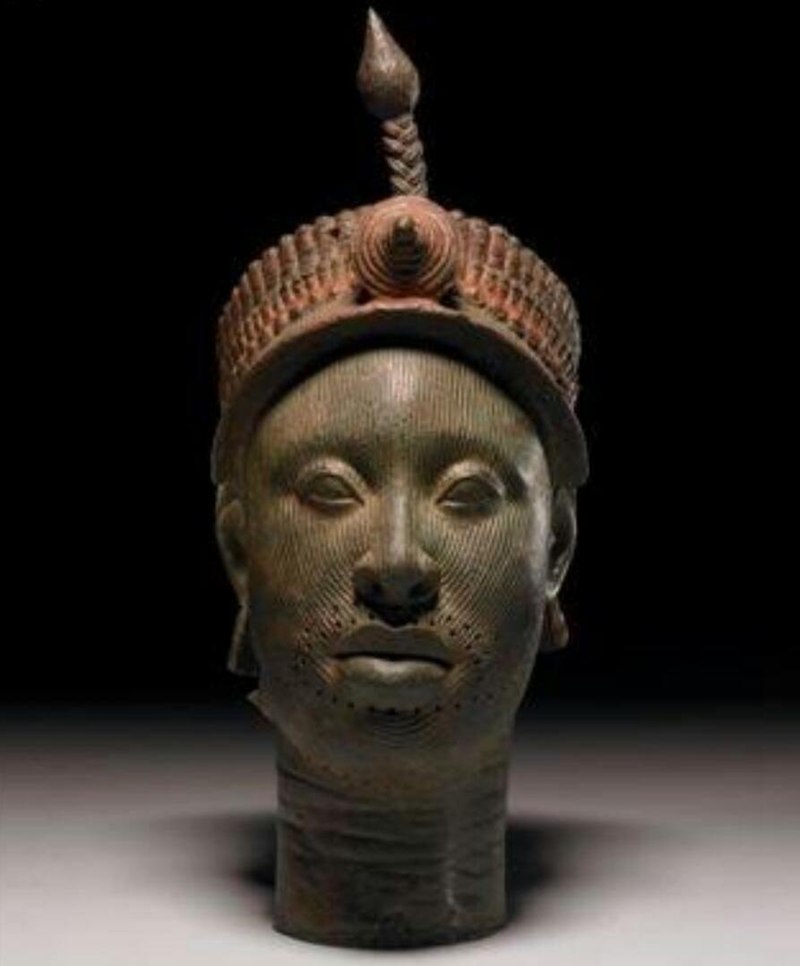Just like other ethnic groups in Nigeria, the history of the Yoruba people is still subject to controversy. There are however several versions of the origin of the Yoruba people. The most contentious is the one that traces the origin to the “East”. This is basically due to the similarities between the culture of the Yoruba and the Egyptians in terms of religious observances, works of art, burial, and other traditional practices.
In this regard, it is believed that the Yoruba probably migrated from Egypt to their present location about 2000-1000 B. C.. This version was popularised by Rev. Samuel Johnson in his book, history of the Yoruba (1950). According to him, the Yoruba originally came from the Northeastern area of Africa (variously supposed to be Egypt, Yemen, ancient Meroe, and Arabia).
After a journey that took them several years, they finally settled in Ile-ife. In the course of their journey, they founded several colonies one of which was Gogobir ( Gobir) in the present Northern Nigeria.
The party that eventually got to Ile-ife was led by Oduduwa who eventually established a flourishing kingdom at Ife and subsequently sent his sons and grandsons to found other Yoruba kingdoms. According to Johnson, “that the Yorubas came originally from the East, there cannot be the slightest doubt, as their habits, manner, and customs, etc, all go to prove.
With them, the East is Mecca and Mecca is the East. Having strong affinities with the East, and Mecca in the East looming so large in their imagination, everything that comes from the East, with them, comes from Mecca; hence, it is natural to represent themselves as having hailed originally from that city. Historians and other scholars have since questioned this claim which they believe represents a version of the now-discredited Hamitic hypothesis.
Another tradition has it that ile-Ife was the center in which the world was created. The legend tells of a period when the world was covered by water(probably the pluvial). The Almighty God then decided to send some of his messengers to the world and they included Obatola or Orisa Nla or Orisa Alase (as the leader), and sixteen Oye (immortals).
They were given five pieces of iron, a lump of earth tied to a white piece of cloth, and a cockerel. Somewhere on their way to the world, the leader, Obatala got drunk with palm wine and Oduduwa seized the symbol of authority from him and he eventually led the party to the world.
The site in which they landed is traditionally known as Oke Oramfe. On arrival at the site, Oduduwa set down the five pieces of iron and the lump of earth placed on them. The cockerel then spread the earth with its toes. Consequently, the earth was formed and Oduduwa thus became the ruler.
It was from this base (Ife) that he extended his authority to other Yoruba towns and villages (Akinjogbin & Ayandele,1980). Looking at this and other legends, it is obvious that they cannot pass any serious scientific scrutiny as it has not been scientifically proven that at a point in the course of human development people descended from heaven to earth. These stories may, therefore, have been invented by the people as they must, as a result of for a long period, forgotten the various places where they originated.
Credit: Joseph I. Osagie (Nigerian History In Pre-Colonial Times -Southern Nigerian in the book (Nigerian Peoples And Culture). Revised and Enlarged Edition 2002.






Leave a Reply